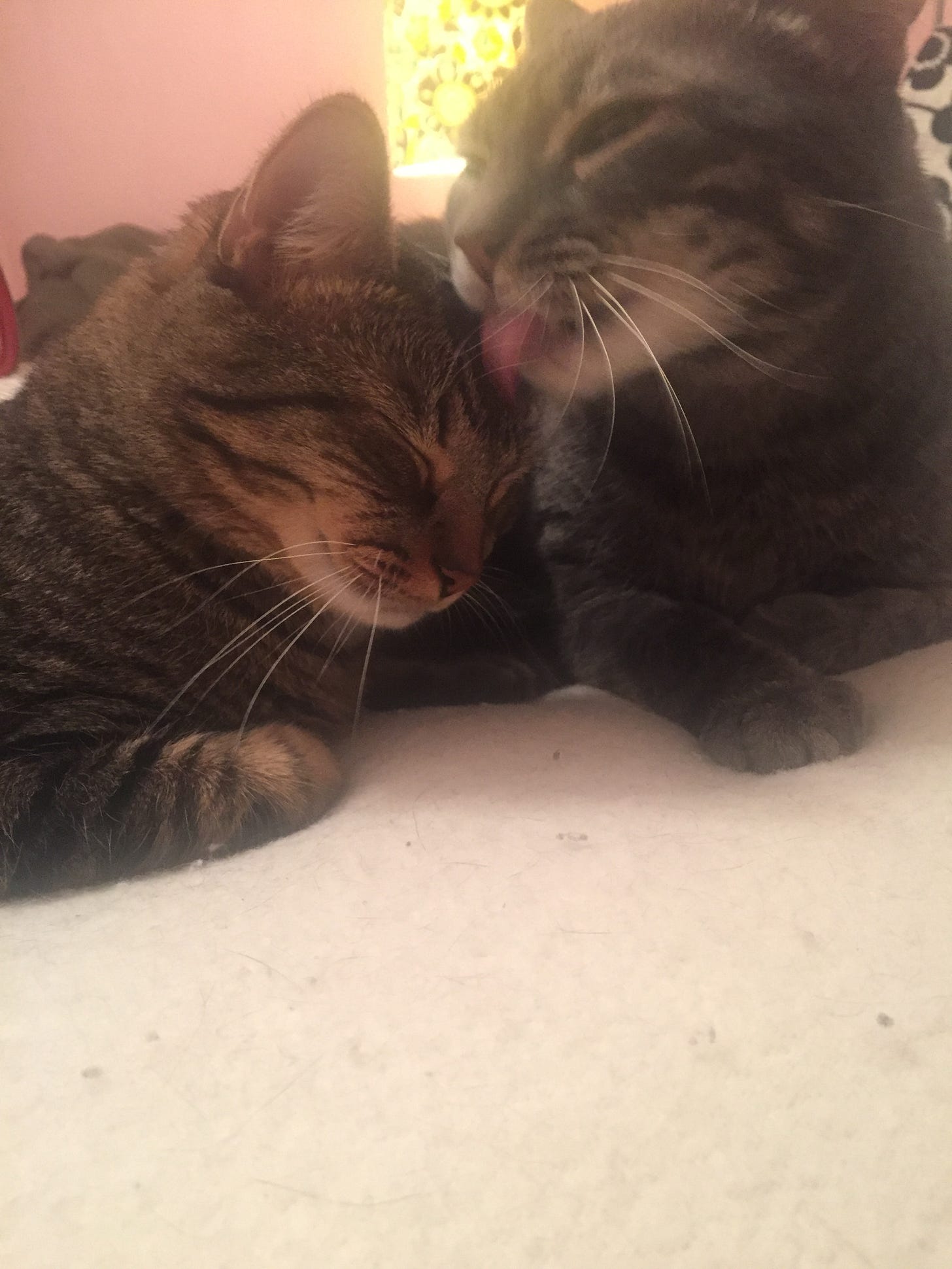“Ork,” is a fantastic Swedish word that can’t be translated, except in a full sentence.
I miss this word so much I’m going to teach it to you:
Picture two Swedish women on a bench in Rome, taking a short rest amidst ambitious sightseeing.
One has more “ork,” than the other, and suggests they devote the afternoon to.. the Pantheon. They’ve already been walking for over 6 hours.
The other one says: “Jag orkar inte.”
Translation: I do not have the “ork.”
So what is “ork?”
A measure of inner desire combined with energy to do a thing. American English doesn’t have this word. British English has a cousin word for fatigue. When the British say: “I’m knackered,” it’s in the right direction.
But “ork” is different.
You can ask somebody if they have time, in (American) English, if they are “available,” but not if they have “ork.”
“Ork” means fuel, energy, mood, spirit—it’s not material or subject to material objections. “Your feet are fine so you should have “ork.”
No—”ork” is something only the beholder gets to decide. If I say I don’t have ork, in Sweden, nobody in all of Scandinavia counters me. Nobody. You do not argue with a person’s ork.
Nobody tells somebody they do have “ork,” when they don’t, which is built into the ork-ness of the word.
I believe that marriages in America explode because men and women lack this word: “Ork.”
“Orkar du?” (Have you ork?)
When you ask somebody that, you’re accessing their truth, not their people pleaser, and not their calendar, feet, wallet, or anything else. You’re getting a measure of interior human presence, will and capacity.
“Jag orkar inte,” (I do not ork) does not sound like: “I’d rather not,” or “I don’t really have time,” or the dreaded, “I’m tired.”
It sounds instead like a legitimate burn out, low gas tank, that reflects no poor character; Any Swede could lose ork, including the King.
Liv Ullman, in Persona, lost the ork to speak. To anybody, at all, ever. This was understood, (and even became a whole movie.)
Nobody wants anybody to ork if they don’t have naturally occurring ork.
Maybe this is cultural. In American English, people are driven to quasi-lie, because nobody invented this word, which buffers the Calvinist fear of admitting you’re tired or even just draggy.
American English: You can or can’t? You are free or not? Can you or can’t you?
Everybody’s ork gets repressed here, and in the long run, people depart from their inner human being (voice—) they extend too far, they do things that drain them, they are afraid to disappoint, they say yes when they mean no, and so on.
I think some people may suggest “bandwidth,” but that’s got virtually none of ork's dignifying nuances.
So…
I’m restoring my ork, for our Zoom to start anew, and I want to return to our original spirit which was (changing topics now:) A shame free zone.
Nobody criticizes anybody at all, no matter what.
It’s a super crazy idea, I know. But we all had it. And it gave us all kinds of ork, didn’t it?



UGH, I was so lacking ork that I left a few lines under the photo that did not belong, now they're removed. It's so important to keep an eye on our ork.
In Britain the nearest would be "Oomph"
I haven't got the oomph.